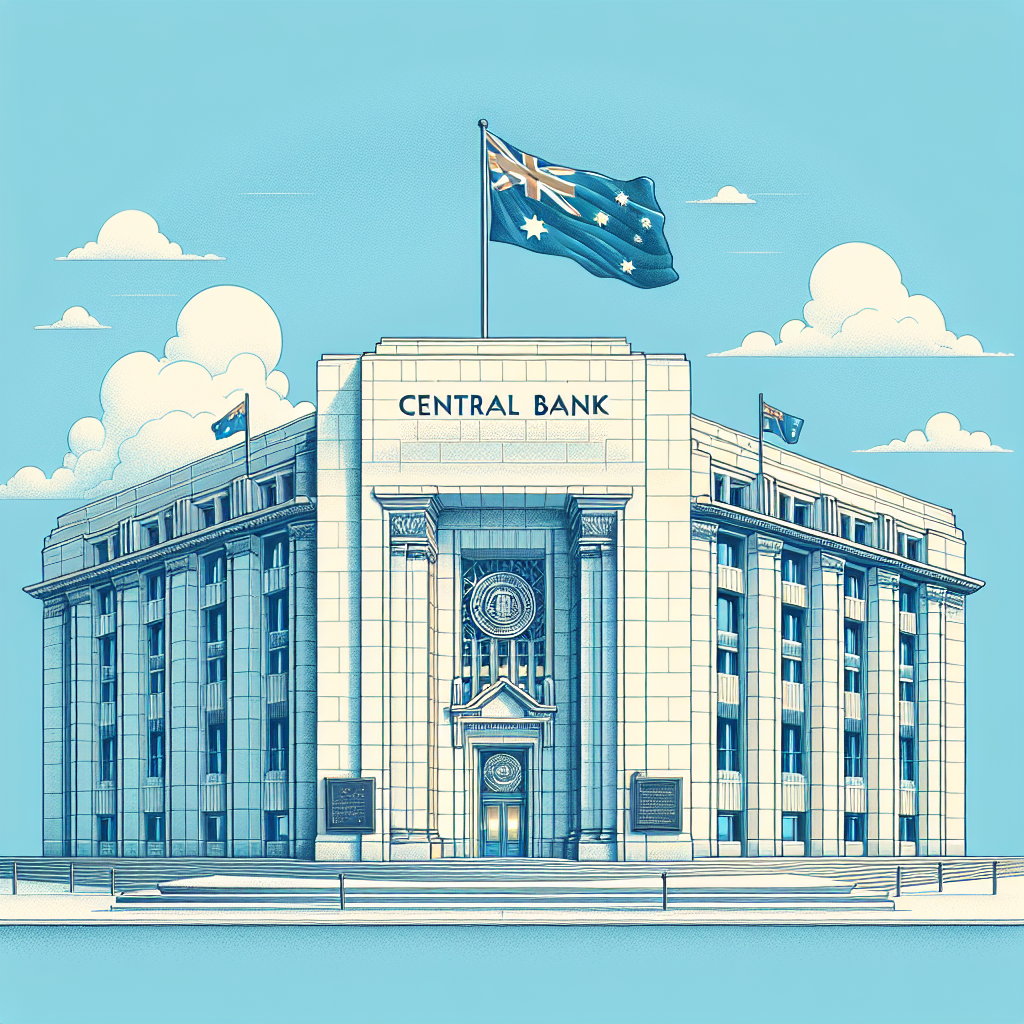Australia's Central Bank Holds Rates but Warns of Inflation Risks
Australia's central bank decided to keep interest rates unchanged at 4.35%, expressing concerns about inflation risks. The economic outlook remains uncertain, with mixed data showing slow wage growth and persistent inflation. Potential cost-of-living relief and government subsidies could help manage inflation, but experts caution against policy missteps.

Australia's central bank held interest rates steady on Tuesday as expected but warned there were still reasons to be vigilant against inflation risks, leading markets to pare back the chance of a rate cut this year.
Wrapping up its June policy meeting, the Reserve Bank of Australia (RBA) kept rates at a 12-year high of 4.35%, where they have been since a hike in November last year. It repeated that it was not ruling anything in or out on policy. Markets have heavily wagered on a steady outcome even as the economy almost halted in the first quarter and wage growth unexpectedly slowed, with still elevated inflation preventing rate cuts in 2024.
"The economic outlook remains uncertain and recent data have demonstrated that the process of returning inflation to target is unlikely to be smooth," the RBA Board said in a statement, noting that the revisions to consumption and the saving rate suggest risks to the upside remain. "While recent data have been mixed, they have reinforced the need to remain vigilant to upside risks to inflation."
The Australian dollar was little changed at $0.6612 as the statement contained few surprises, while swaps slightly pared back the chance of a rate cut in December to 55% from 65% before the decision. Since the RBA's last meeting, when Governor Michele Bullock said policy rates were already restrictive enough, data has come in largely as expected. The economy grew a meagre 0.1% on a quarterly basis, while wage growth slowed from 15-year highs and the labour market kept loosening at a slow pace.
Also as expected, inflation has proved to be sticky, having picked up to a five-month high of 3.6% in April. However, the hope is that cost-of-living relief from governments - including billions in electricity rebates - will help bring headline inflation lower in the second half. In the state of Queensland, households will get $1,000 off their electricity bills starting from July.
Commonwealth Bank of Australia estimates federal and state government subsidies will shave two-thirds of a percentage point off the third-quarter consumer price index (CPI). While the RBA remained wary of stubborn inflation, economists said with prices coming down, it would be a mistake for the central bank to raise rates.
"An over-exaggerated emphasis on demand management in a weak economy and with inflation trending down will only result in an unnecessary and painful recession," said Deloitte Access Economics partner Stephen Smith. A majority of economists in a Reuters poll expects the RBA to cut rates only in the last quarter of the year.
"We now expect just one rate cut this year in November and view a rate hike as a policy error," State Street Global Advisors APAC economist Krishna Bhimavarapu said in a note.
(This story has not been edited by Devdiscourse staff and is auto-generated from a syndicated feed.)
ALSO READ
Chinese Premier Li Qiang and Malaysian Prime Minister Anwar Ibrahim to Enhance Ties in Digital Economy and Green Development
Air India Introduces Premium Economy on Domestic Routes
Steady but Slow: The Global Economy's Remarkable Resilience Amidst Challenges
Air India Launches Premium Economy Class on Select Domestic Routes
Sri Lanka's Strategic Pivot: Industrial Ties with India to Boost Economy










